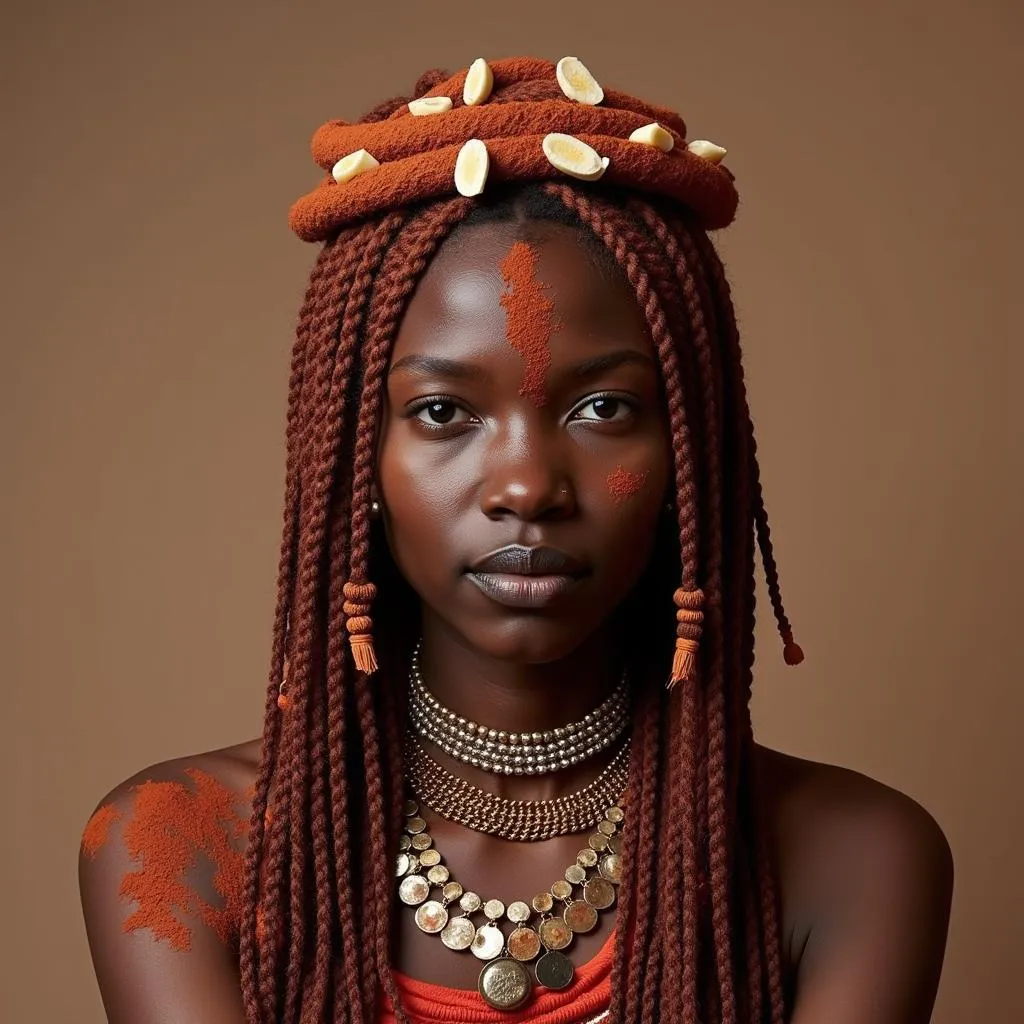African Cologne: A Journey into the Fragrant Heart of Africa
Africa’s rich cultural tapestry extends beyond vibrant music, delicious cuisine, and captivating art. A lesser-known but equally fascinating facet is the world of African Cologne. This unique fragrance tradition, deeply intertwined with local customs and beliefs, has captivated generations and continues to enchant.
The Essence of African Cologne
African cologne, often referred to as “eau de cologne” or “perfume,” is more than just a scent. It’s a cultural expression that embodies identity, tradition, and personal style. Think of it as a symphony of aromas, carefully crafted to evoke emotions, enhance social connections, and even ward off evil spirits.
A Blend of Tradition and Modernity
The ingredients used in African cologne are as diverse as the continent itself. From the fragrant blossoms of the baobab tree to the earthy aroma of sandalwood, each fragrance tells a unique story. Many colognes incorporate local herbs and spices, like ginger, cloves, and cinnamon, adding a touch of warmth and complexity.
Beyond the Scent: The Cultural Significance
In many African cultures, cologne plays a vital role in daily life. It’s a symbol of hospitality, often presented to guests as a welcoming gesture. In some communities, cologne is believed to have spiritual significance, used in rituals and ceremonies to cleanse the body and mind, attract good fortune, and ward off negativity.
“Cologne is more than a scent in our culture; it’s a conversation starter, a way to connect with others, and a symbol of respect and good health,” explains Dr. Amani Hassan, a renowned anthropologist specializing in African cultural practices.
Exploring Different Regions and Their Fragrance Profiles
Africa’s vastness translates into a diverse landscape of scents.
The North African Tapestry
The aroma of North African cologne is characterized by a blend of citrus, floral, and woody notes. Think of the invigorating scent of bergamot, the delicate aroma of rose, and the warm embrace of cedarwood. These colognes often reflect the influence of Arab and Mediterranean cultures, contributing to their unique olfactory profile.
The West African Spice Route
West African colognes are known for their bold and spicy character. The use of ginger, cloves, and nutmeg creates an intoxicating warmth, reminiscent of the continent’s vibrant trading routes.
The East African Floral Embrace
East African colognes are a symphony of floral notes, with jasmine, ylang-ylang, and frangipani taking center stage. The fragrance is often light and airy, reminiscent of the region’s breathtaking landscapes.
“The scent of East African cologne is like a breath of fresh air, a reminder of the beauty and tranquility of our land,” shares Ms. Maryam Omar, a renowned Kenyan perfumer.
The Southern African Savanna Scents
Southern African colognes are often inspired by the region’s rugged landscapes and unique flora. The earthy aroma of sandalwood, the smoky scent of frankincense, and the sweet notes of baobab blossom combine to create a fragrance that is both grounding and captivating.
A Modern Renaissance: African Cologne in the 21st Century
The art of African cologne is experiencing a modern renaissance, with contemporary perfumers reinterpreting traditional scents and introducing innovative blends. This resurgence is fueled by a growing appreciation for natural ingredients, cultural heritage, and the allure of unique scents.
Embark on Your Own Scent Adventure
Discover the fragrant world of African cologne. Whether you’re looking for a bold and spicy scent, a delicate floral bouquet, or an earthy and grounding aroma, there’s a cologne out there that will resonate with your individual personality.
FAQ
1. Where can I purchase African cologne?
African cologne can be found online, in specialty stores, and at local markets in Africa.
2. What are some popular African cologne brands?
Popular brands include Zana by Zana, Omorovicza, and Maison Francis Kurkdjian.
3. How do I choose the right African cologne for me?
Consider your personal preferences and the occasion you’re dressing for. If you prefer a bolder scent, explore spicy or woody notes. For a lighter fragrance, consider floral or citrusy options.
4. Is African cologne suitable for everyday wear?
Absolutely! African cologne can be worn daily, as it comes in various strengths and intensities.
5. What is the history of African cologne?
African cologne traditions date back centuries, with roots in local customs, beliefs, and the use of natural ingredients.
6. Are there any specific African colognes that are known for their healing properties?
Yes! Some traditional African colognes are believed to have healing properties, often used for aromatherapy and spiritual cleansing.
7. Where can I learn more about African cologne?
You can find information online, in books on African culture, and by visiting local markets and specialty stores.

